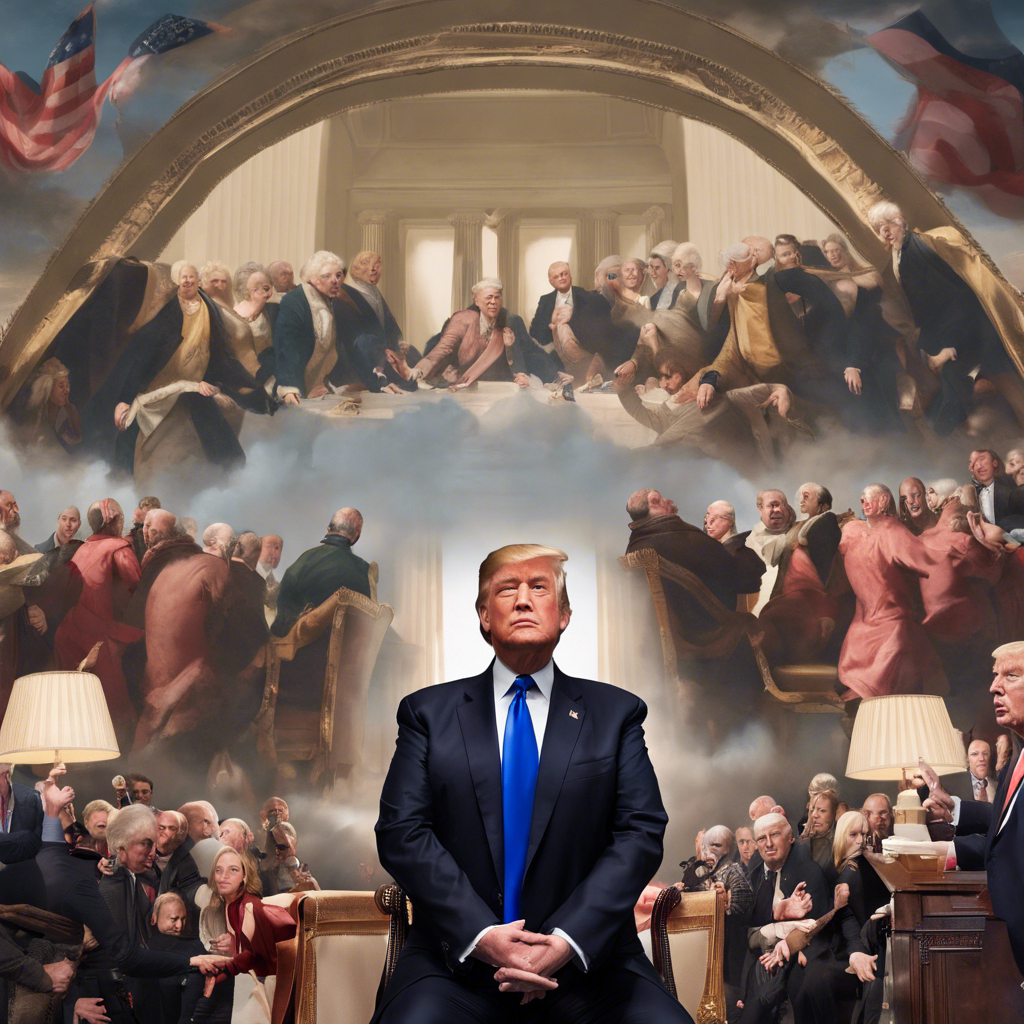Democrats Gain Ground in New Hampshire as GOP Struggles to Connect with Changing Demographics

Changing demographics and the Trump effect have contributed to the Democrats’ increasing dominance in New Hampshire.
New Hampshire, once a fiercely contested state between Republicans and Democrats, has seen a significant shift in recent years. Since the narrow victories of Democrats in the 2016 elections, the state has become increasingly blue, with Democrats winning every federal race by widening margins. This shift can be attributed to changing demographics, the influx of new residents, and the political leanings of the New England region.
Demographics and Political Alignment:
New Hampshire ranks among the top 10 states for the percentage of residents with a bachelor’s degree and is a high-income state. These factors, along with the state’s support for abortion rights, align with voting Democratic. Despite being a predominantly white and less urban state, which traditionally leans Republican, these factors have overridden the usual voting patterns.
The Impact of Demographic Changes:
A study by University of New Hampshire political scientists found that only one-third of New Hampshire residents age 25 and older were born in the state. The influx of new migrants and residents turning 18 has had a significant impact on the state’s politics. This demographic shift has been further amplified in the Trump era, as more individuals with progressive leanings have relocated to the state.
The Influence of Trumpism:
Another significant factor in the Democrats’ gains in New Hampshire is the alignment of the Republican primary electorate with candidates in the Trump mold. The Trumpiest candidates have consistently won in federal races, which has further solidified the Democrats’ advantage. Additionally, New Hampshire’s late primary leaves little room for a Republican candidate to pivot towards the center for the general election.
The 2024 Presidential Race:
Public polling for the 2024 presidential general election in New Hampshire suggests that the state may be moving even further out of reach for the GOP. Despite concerns about President Joe Biden’s age and approval ratings nationally, he has consistently led in polls against potential Republican nominees. While New Hampshire has only four electoral votes, its impact could be significant in a close election, and losing the state would be a blow to the Democrats.
The Role of Governor Chris Sununu:
Governor Chris Sununu, a relative moderate and a Republican, has been a key figure for the GOP in New Hampshire. However, Sununu has decided not to run for a new term in 2024 and has distanced himself from Trump, declaring that Trump does not represent the future of the Republican Party. Sununu’s absence leaves a void for the GOP in the state.
The Potential Challenge of the Democratic Primary:
One potential hurdle for the Democrats heading into the 2024 election is the closely watched, first-in-the-nation presidential primary in New Hampshire. As the party in power, the Democrats do not have a contested primary, while the opposition does. This could create an imbalance in partisan energy and infrastructure in the state. Furthermore, the unusual nature of the 2024 primary, with President Biden unable to be on the ballot due to state law, could have negative consequences for the Democrats.
Conclusion:
New Hampshire’s political landscape has undergone a significant transformation in recent years, with Democrats gaining ground and Republicans struggling to connect with changing demographics. The state’s high education levels, income, and support for abortion rights have overridden traditional voting patterns. The influence of Trumpism and the alignment of the Republican primary electorate with Trump-like candidates have further solidified the Democrats’ advantage. However, the upcoming 2024 presidential race and the first-in-the-nation primary present potential challenges for the Democrats. As New Hampshire continues to evolve politically, its impact on national elections cannot be underestimated.










